By Andrew Kydd
The terrorist attacks in Paris are a stinging loss in the war against the Islamic State. Our hearts go out to the citizens of France, and we remember and celebrate the many bonds that link our two countries. But while we mourn the losses, we must also place the attack in context and not lose our heads as we consider how best to respond. Two points seem worth making. First, this is one success for IS in an overall struggle that is not going their way. Second, only we can turn this tactical success for IS into a strategic defeat for us. We can do that either by losing the will to fight IS, or by letting this attack divide us along religious lines, turning Muslims and non-Muslims against each other to the detriment of our ability to fight Islamic extremism.
To place the Paris attacks in perspective, we need to understand the overall context of the war against the Islamic State. IS is the successor organization to Al Qaida in Iraq (AQI) headed by Abu Musab al-Zarkawi. Zarkawi developed a reputation for unparalleled brutality through a campaign of suicide bombing against the Shiite community in Iraq, as well as against US and Iraqi armed forces. Their strategy appears to have been to provoke a sectarian civil war between Sunnis and Shiites that would convince the US to depart, and eventually result in a victory for the Sunni side, led by AQI. They got the civil war they hoped for, but the US was able to defeat them by supporting a political alternative in the Sunni community, the Sons of Iraq or Anbar Awakening movement, in the “surge” of 2007. Unfortunately, the remnants of AQI were able to hold on and take advantage of the civil war in Syria and the Iraqi government’s anti-Sunni policies to return to power. In 2014 they unified western Syria and eastern Iraq in a new caliphate. Their methods, involving mass killing of opponents, particularly Shiites, are directly descended from AQI.
However, IS has reached its natural limits. To the east, Iran and the now essentially Shiite Iraqi government are not going anywhere. To the north, the Kurds – and behind them Turkey – block further progress. To the west are Syrian rebels and the Assad regime, which, supported by Hezbollah, Iran and Russia, is making new gains. To the south Jordan and Saudi Arabia are supported by the US and are not likely to fall. In fact, recent trends on the battlefield are not going in favor of IS. The fall of Sinjar just last week to Kurdish and Yazidi forces severs the main road between the Iraqi and Syrian portions of IS. It is too soon to say if the anti-IS forces will be able to hold Sinjar, and what the strategic results will be, but it could be a major loss.
As a result, IS is returning to its roots and lashing out. We saw this in the downing of the Russian airliner, in which 224 people were killed. We saw it in the attack on Shiite civilians in a Hezbollah dominated neighborhood in Beirut that killed over 40 people. And we saw it on the streets of Paris, where over 120 people lost their lives. They join the tens of thousands of Iraqi victims of AQI.
These attacks are militarily insignificant, in that they cannot alter facts on the ground (unlike IS’s amazingly successful 2014 campaigns). However they could achieve political goals through one of two strategies. First, by inflicting costs on their opponents, IS could convince them that the struggle is not worth it, and convince them to leave IS alone. That is, as Barbara Walter recently argued, IS may hope to prevail in a war of attrition. This may seem unlikely now. In the immediate aftermath of the Paris attacks, France appears more resolved than ever to attack IS and has recently launched air raids against their capital, Raqqa. However, the passage of time may lead to a reappraisal and a desire to cut losses. Already voices are raised saying the conflict is unwinnable, and the experience of our long involvement in Iraq and Afghanistan certainly underlines the limits on American (and a fortiori, French) power. So we could give up. However, for surrender to be a viable option requires that the other side accept surrender and IS does not have a good track record in that department. Leaving IS alone might buy a certain interval of peace, but is unlikely to prevent attacks in the future when IS feels confident it can return to the offensive. Second, the current strategy against IS does not involve unsustainable commitments of US ground forces, as the Iraqi and Afghanistan wars did. It is not as effective as a hundred thousand troops on the ground, but it is a lot cheaper and so can be maintained for the long haul.
The second way in which we could turn an IS tactical success into an IS strategic victory is if we allow ourselves to be divided along religious lines, with non-Muslims provoked against Muslims. Provocation was a core component of the AQI strategy in Iraq. They hoped to profit from sectarian war then, and they hope to profit by sowing division within the West today. Don’t take my word for it, take theirs. In addition to being one of the most brutal terrorist organizations, IS is one of the most verbose. As Scott Atran writes, their propaganda lays out the strategy clearly.
Unfortunately, there are disturbing signs that this strategy may be working in France, as anti-Muslim sentiment is on the rise. Even in the US, some politicians are attempting to make hay by linking the attacks to the refugee issue. We must be absolutely clear that to turn against the vast majority of peaceful, law-abiding Muslim citizens of the West because of the actions of a handful of extremists would be to hand IS a strategic victory they could not possibly win on the battlefield. Indeed, it would be a victory of far greater significance than an abject withdrawal from the fight in Syria and Iraq. Such a withdrawal could at least be reversed later if circumstances dictated, or compensated for by bolstering defensive counterterrorism measures. But a drift towards anti-Islamic policies in the West could alienate the very people whose cooperation is most necessary in countering Islamic extremism. Furthermore, as a broad social trend, this kind of alienation could be difficult – if not impossible – to reverse later on as its pernicious effects become more apparent.
The path to defeating IS may not be clear. However, there are two clear paths to our own defeat. One is to pretend that we can ignore the problem and it will go away. As we have discovered, this is one problem that gets worse if you ignore it. The second is to allow the IS strategy of provocation to divide us. If we succumb to sectarian conflict, we not only forget the very principles for which we fight, we forget the most important rule of strategy: maximize the number of your allies, minimize the number of your enemies.


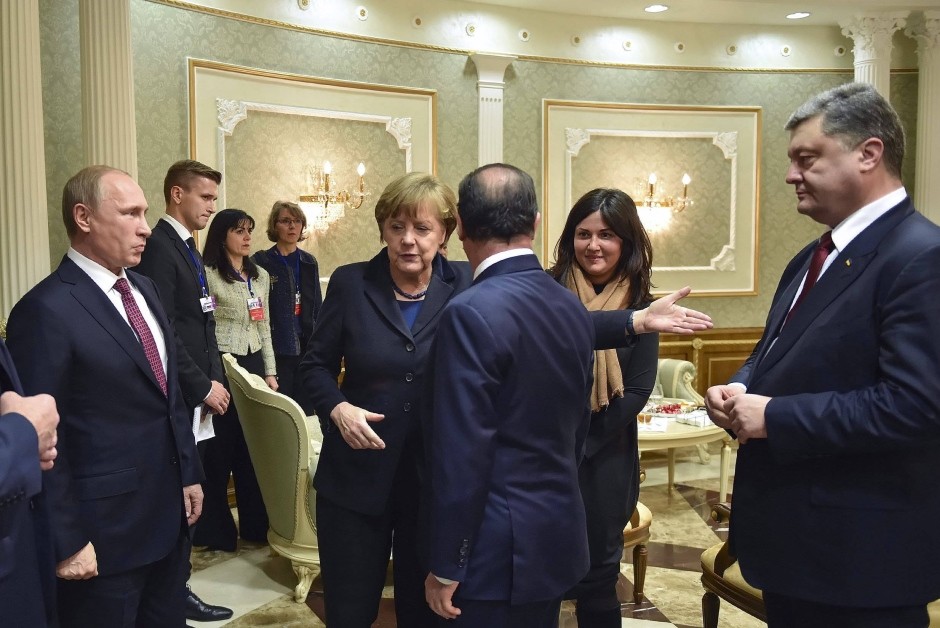

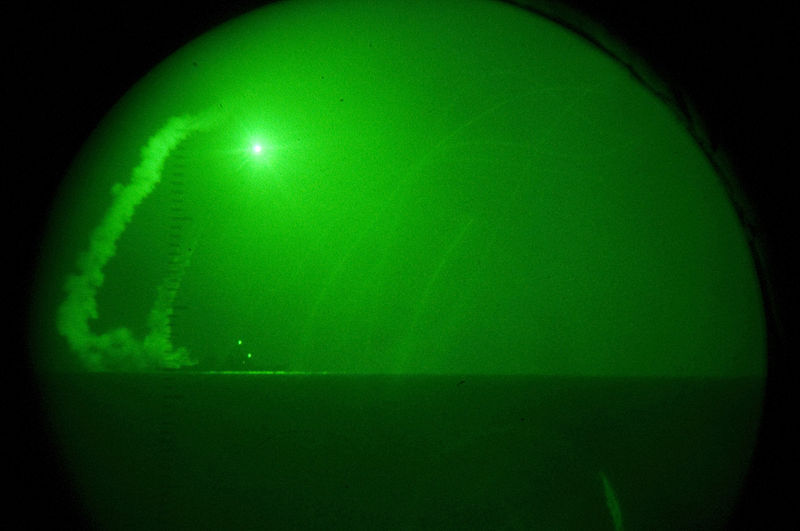
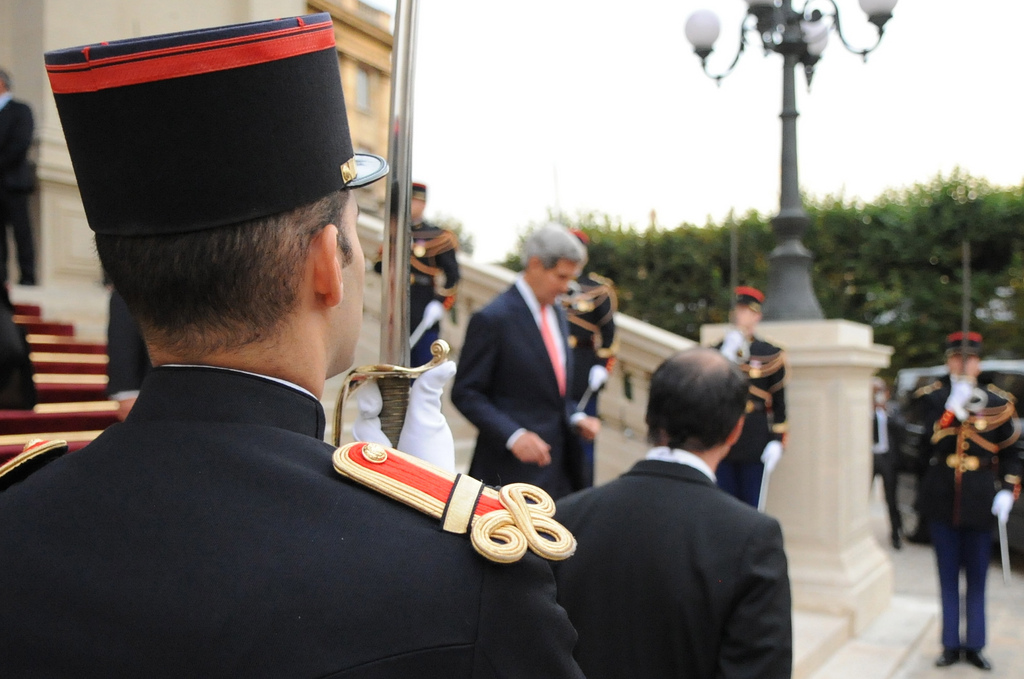
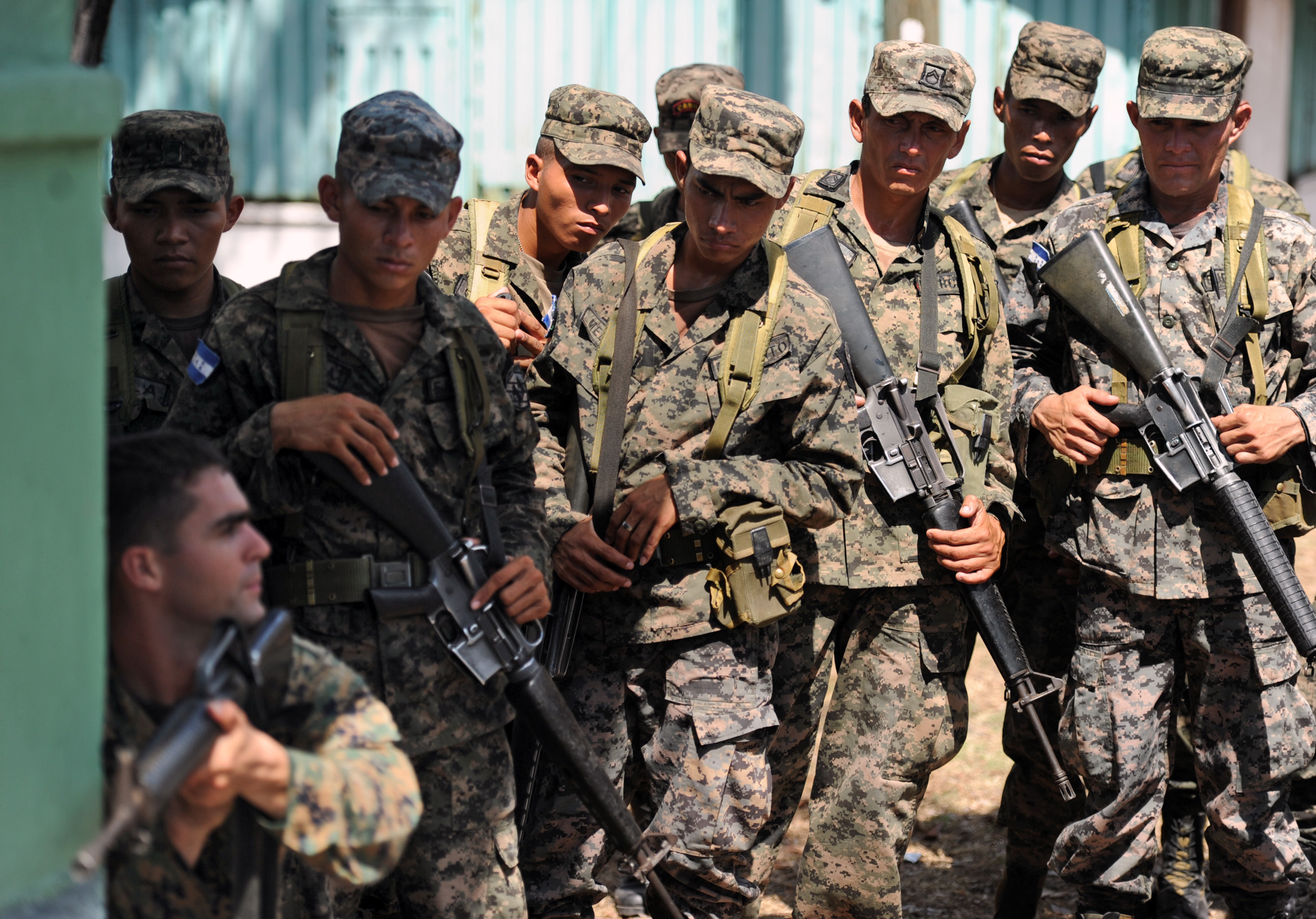
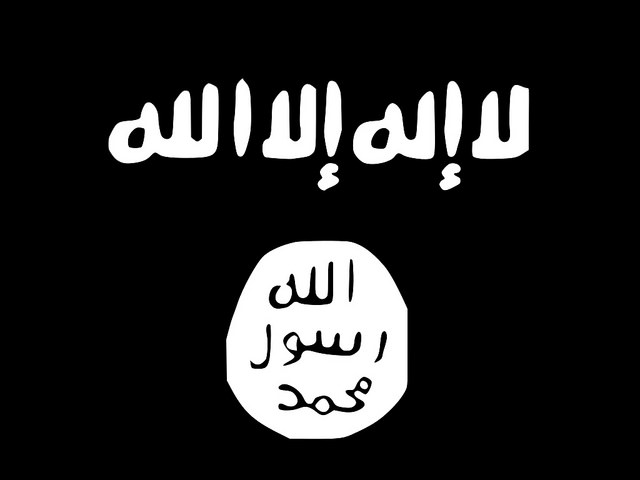
5 comments
I see Daesh as a disease. Help the uninfected escape, and quarantine the infected.